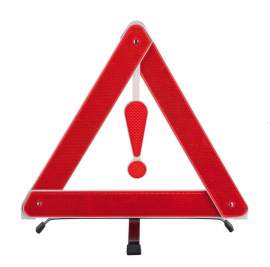
Wrongful Civil Proceeding

Must Read
The actions of the plaintiff in the trial itself are of particular importance to these allegations of wrongful civil proceedings. The court must determine if the plaintiff acted with ulterior motive, or intent to bring about any other effect than the finding of facts within the court. If it was found that the plaintiff merely sought to harass the defendant, or that the plaintiff was "gambling" on an unfounded claim for a potential award, he or she may be found in violation of tort, and ordered to compensate the defendant for expenses incurred in a wrongful civil proceeding.
Recently, case law has stipulated that a plaintiff may be subject to wrongful civil proceeding charges even if he or she terminates the suit on his or her own accord. If the charges are dropped mid-trial, the defense may still request that the court review the plaintiff's cause of action for ulterior motive or insufficient merit, and may seek compensation if the court finds any Misuse of Legal Procedure. If you need legal advice and assistance, contact wrongful death lawyers.
NEXT: What is Liability Insurance Purpose




















